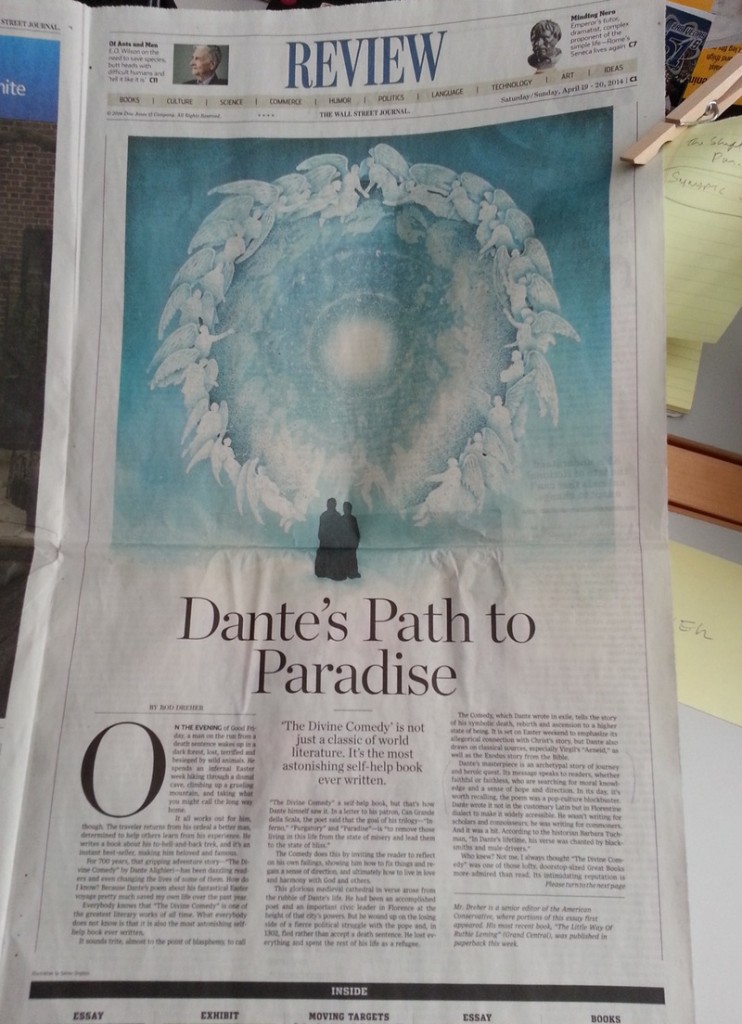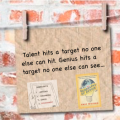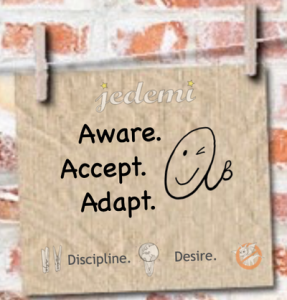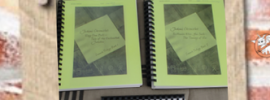The Saturday Essay in The Wall Street Journal was an interesting piece about Dante’s “Divine Comedy” and the impact it had on the author of the 2500+ word piece.
The way these essays are written, you need to block a chunk of time because they tend to be lengthy ponderables. This one qualifies as a clip & save piece for re-reading at least once a year.
Diving into it, I didn’t take notice who the author was. Rather, I was intrigued by the topic and how reading Dante made a difference in the author’s life, which was alluded to in the subhead which proclaimed: ‘The Divine Comedy’ is not just a classic of world literature. It’s the most astonishing self-help book ever written.
If I were reading this on my Kindle, these would be parts with underlines:
- It sounds trite, almost to the point of blasphemy, to call “The Divine Comedy” a self-help book, but that’s how Dante himself saw it. In a letter to his patron, Can Grande della Scala, the poet said that the goal of his trilogy—”Inferno,” “Purgatory” and “Paradise”—is “to remove those living in this life from the state of misery and lead them to the state of bliss.”
- The Comedy does this by inviting the reader to reflect on his own failings, showing him how to fix things and regain a sense of direction, and ultimately how to live in love and harmony with God and others.
True! And there’s more as he moves onto the hero’s journey part.
- Dante’s masterpiece is an archetypal story of journey and heroic quest. Its message speaks to readers, whether faithful or faithless, who are searching for moral knowledge and a sense of hope and direction. In its day, it’s worth recalling, the poem was a pop-culture blockbuster. Dante wrote it not in the customary Latin but in Florentine dialect to make it widely accessible. He wasn’t writing for scholars and connoisseurs; he was writing for commoners. And it was a hit.
And this section talks about choices:
- When Dante meets a shade called Marco, whom he asks to explain why the world is in such a bad state. Marco sighs heavily and points to the poor choices that people make. “You still possess a light to winnow good from evil, and you have free will,” Marco says. “Therefore, if the world around you goes astray, in you is the cause and in you let it be sought.”
With these lines, the poet tells us to stop blaming other people for our problems. As long as we draw breath, we have it within ourselves to change.
That feels very “Covey-like” to me.
**
More will be written on Jedemi regarding the journey. This was just a head’s up to check out a really good piece of writing.
This link is only available for 7- days to non-subscribers.
But if you want to read more from the author, please go here.
And if you want to dig into Dante, we recommend the translation by Dorothy Sayers (see below) who also wrote a fantastic book called “Mind of the Maker.”
As my peeps say, stay curious my friends!
##









Speak Your Mind